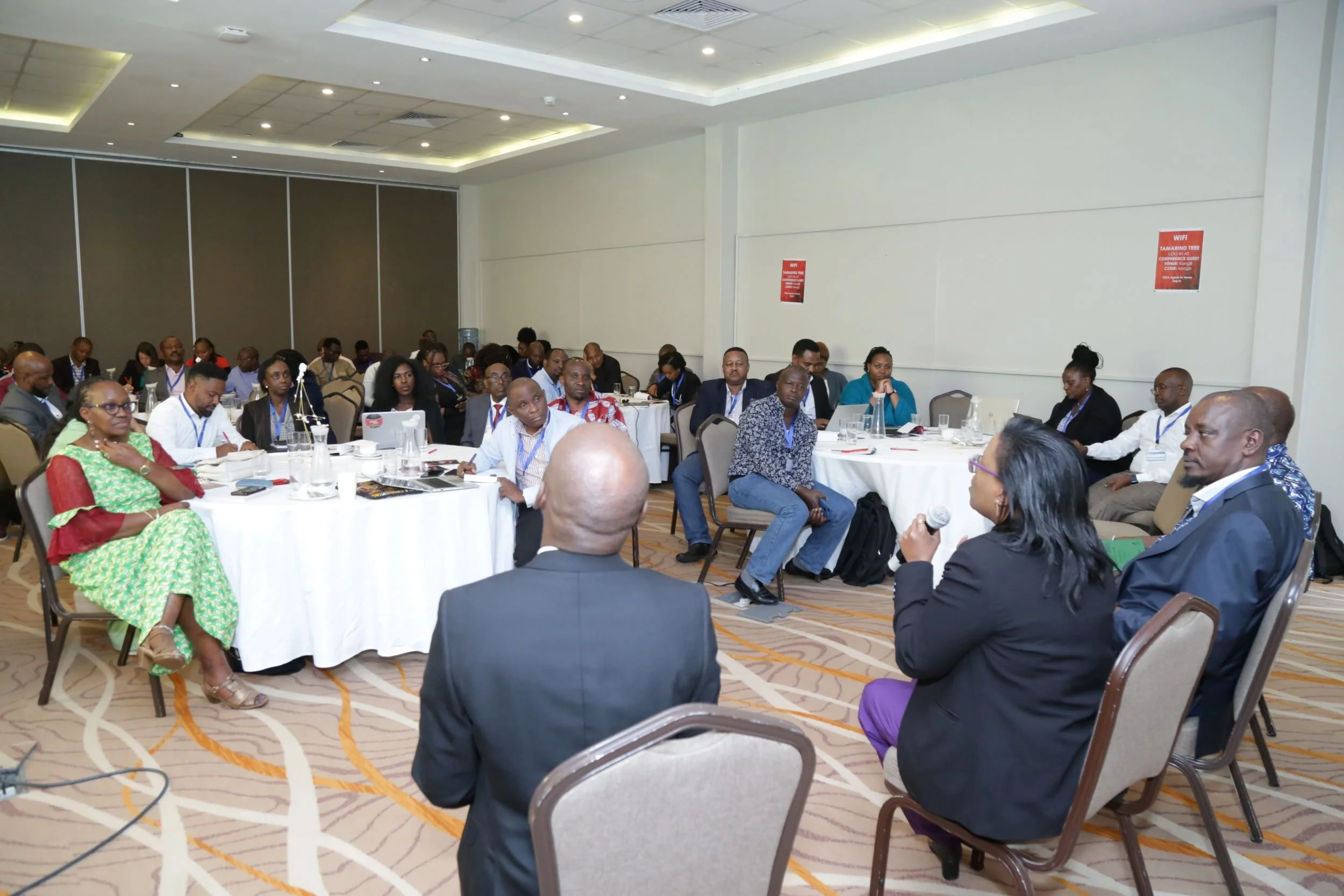We, The Youth Cafe, recognise the urgency of addressing climate change, with Africa facing heightened vulnerability to its devastating impacts. The latest findings from the IPCC’s Special Report on Global Warming reveal that our planet is now 1.1 degrees Celsius warmer than pre-industrial levels, with projections indicating a potential 1.5-degree threshold as early as 2040. Disturbingly, each successive decade since 1850 has been more generous than the last. The escalating temperature trend driven by human-induced greenhouse emissions threatens health, food security, and economic stability. According to the World Health Organization (WHO), approximately 250,000 deaths per year may be directly linked to climate change-related issues such as heat stress, malnutrition, vector-borne diseases and water-borne diseases.
Institutionalizing Social Participation for Health and Well-being | Why social participation for health and well-being?
In the context of significant global economic and health challenges, especially following the COVID-19 pandemic, strengthening and institutionalising social participation must be a priority to advance health and well-being. Social participation – defined as empowering people, communities, and civil society through inclusive participation in decision-making processes that affect health across the policy cycle and at all levels of the system is a crucial element of good governance for health. The policy cycle involves situational analysis, priority setting, planning, budget, implementation, monitoring, evaluation and review, which occur at community, district, regional and national levels.
Adolescent Well-being
Adolescent well-being is a personal and societal good in its own right, and at the same time, adolescence is a critical period of the life course when many of the factors that contribute to lifelong well-being are, or are not, acquired or solidified. The direct and indirect effects on adolescents’ well-being of the coronavirus disease 2019 pandemic and the responses to it have reinforced the importance of systems being in place to support the well-being of adolescents. But what is adolescent well-being? And how do adolescent well-being and adolescent health relate to each other?




